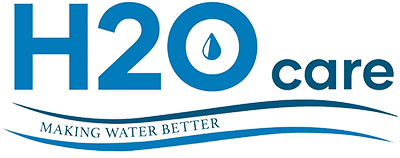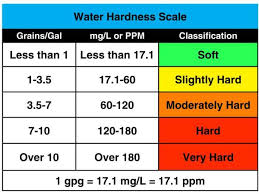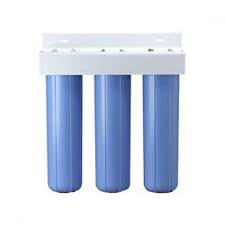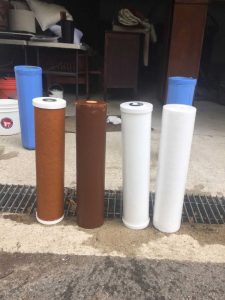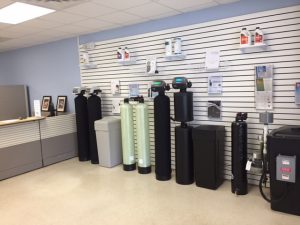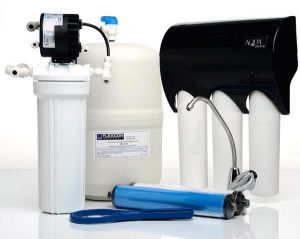The following discusses potential water quality issues or concerns as well as Food Service water filtration options.
(H2O Care was formerly a division of: Atlas Watersystems, Inc.) 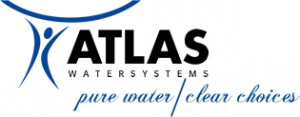
HARD WATER/ IRON IN NEW HAMPSHIRE IS NOT UNCOMMON
Water hardness refers to the mineral content of water, commonly calcium and magnesium. The only way to determine the hardness level in the water is to have it tested. Water hardness will vary from town to town and depending on the water source. Water hardness also may vary somewhat by seasons of the year. When using dishwashers, you may notice a slight increase in “spotting or streaking” on glassware, flatware or white residue in kitchenware. This residue consists mainly of calcium carbonate, the same ingredient found in anti-acid products and not a known health risk, but an annoying aesthetic problem that makes for a bad presentation to customers. On-going hard water can also eventually have a negative impact on your water using appliances with potential premature breakdowns, etc. Additionally, some equipment manufacturers specify water quality parameters in their users manual which could render warranties unenforceable if not adhered to. A properly specified, installed and maintained Food Service water filtration system consisting of a water softener can immediately solve the issue of hard water. Also, dissolved iron and manganese in the water is effectively removed with a water softener installation.
See the chart below for comparison to your water test results.
TASTE & ODOR ISSUES/ PREMATURE EQUIPMENT BREAKDOWNS ?
BAD ODORS & TASTES IN YOUR WATER


While symptoms of water quality issues such as bad odors & taste, staining of bathroom fixtures & laundry, premature equipment breakdowns etc. are indicators of problems, the preferred starting point is to get a water test to identify the minerals or contaminants in the water and at what quantity they exist. This will lead to an effective Food Service water filtration system recommendation and route to providing excellent on-going water quality for drinking, washing, etc. There are various approaches to providing your restaurant with better quality ice, good tasting water, improved beverage taste and improved water quality to feed your dishwashers to avoid streaking on glasses and dinnerware.
FOOD SERVICE WATER FILTRATION & WATER SOFTENER SYSTEMS
Various types of water filtration systems are available for the removal of any of the potential causes of symptoms you may be experiencing. Water softeners are typically installed to remove hard water minerals, dissolved iron or manganese from the water through a technology called Ion Exchange. To remove particulate iron or manganese, a properly sized sediment filter is required. Bad tastes & odors, which may be the result of the chlorine or chloramine added into the water supply for disinfecting purposes, can be removed with a carbon filtration system. Additionally, to create very pure drinking water, a reverse osmosis system can be installed, which utilizes the same technology used to produce both Aquafina, Dasani and some other bottled waters. There are various sized reverse osmosis systems to match the volume demands required.
Any water filtration system or water softener recommendation should start with a water test before an informed decision can be made. To determine what type of water testing to have performed and how to take a proper sample, call a water treatment professional or a state certified laboratory.
In summary, controlling your water quality is attainable through proper water testing and equipment specification with today’s available water filtration technologies at a reasonable price. Proper on-going maintenance is also critical to maintain a consistent level of great water quality.
